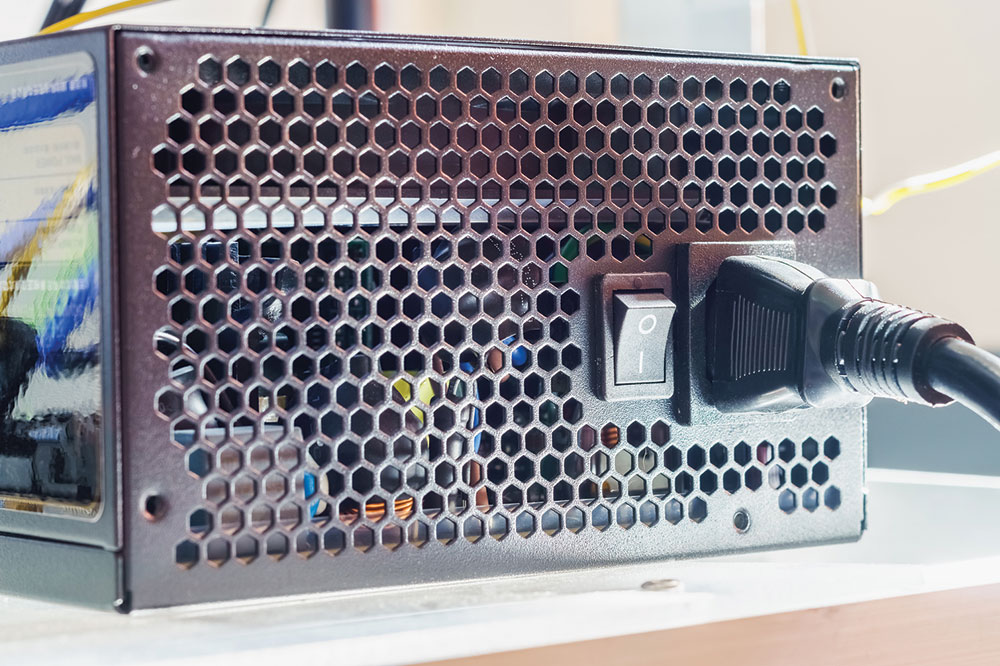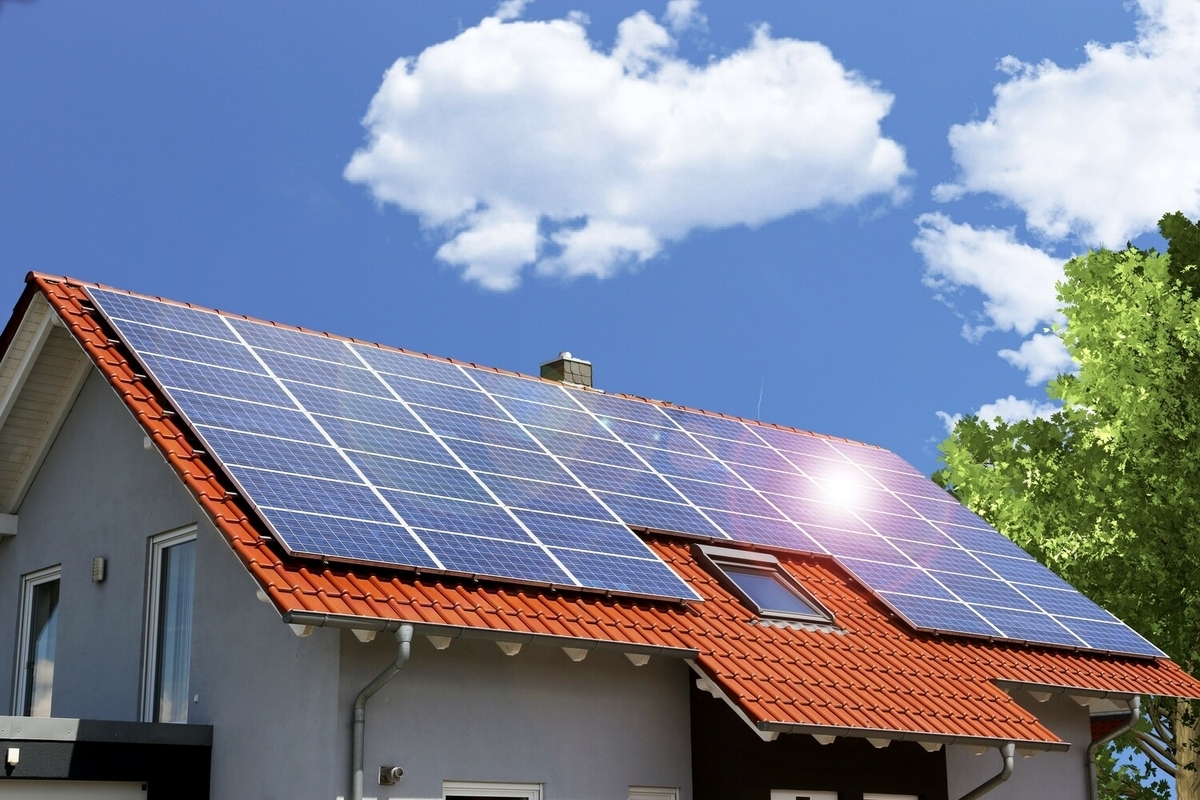3 advantages of DC power over AC
There are two types of power supplies: Direct Current (DC) and Alternating Current (AC). Both have their share of pros and cons in how they are made and how they can be utilized. The prime advantage of AC power is that it is relatively easy to transport over a distance. That said, it doesn’t do much good for an independent power plant as the electricity doesn’t move very far to reach where it’s used.

This article highlights the advantages of DC power supplies over AC for independent power plants.
Storing electricity
The prime benefit of DC power is that it is relatively easier to store than AC power, especially on a smaller scale. Hybrid independent power plants store electricity for later use. Storing electricity increases its density, so you can take as much power as needed for operating high-powered equipment.
Storing electricity also enables you to turn off the generator, which can aid fuel conservation. Consequently, electricity will be used only when renewable sources of energy are unable to provide it. You can use rechargeable storage batteries for storing electrical energy for small-scale applications. This stored electricity can be conveniently and efficiently retrieved from the storage battery bank as and when required. Storage batteries need DC electricity, so you must generate DC power to enjoy the benefits of storing it.
Providing AC mains electricity
A majority of the equipment we use is designed to run on mains-style electricity or AC power, so we have to provide it. Over here, a major benefit of DC power supplies is that independent power plants can produce mains-style electricity twice as efficiently by using a diesel DC generator and then transforming the DC power to mains-style AC power. Directly generating mains-style AC power using a petrol AC synchronous generator proves to be less efficient.
Variable engine speed
An AC synchronous generator has to rotate at one specific speed to regulate the mains-style electricity that it generates. So, it falls short if more power is needed, but the engine cannot be sped up. Similarly, the engine cannot be slowed down if less power is required.
On the other hand, mains-style electricity’s properties are defined by the DC to AC transformation process, so the DC generator’s rotating speed is immaterial. Additionally, the driving engine of a DC generator can turn at a range of speeds, so it slows down or uses its maximum potential to provide the required amount of power. This also helps save fuel and lower noise.




